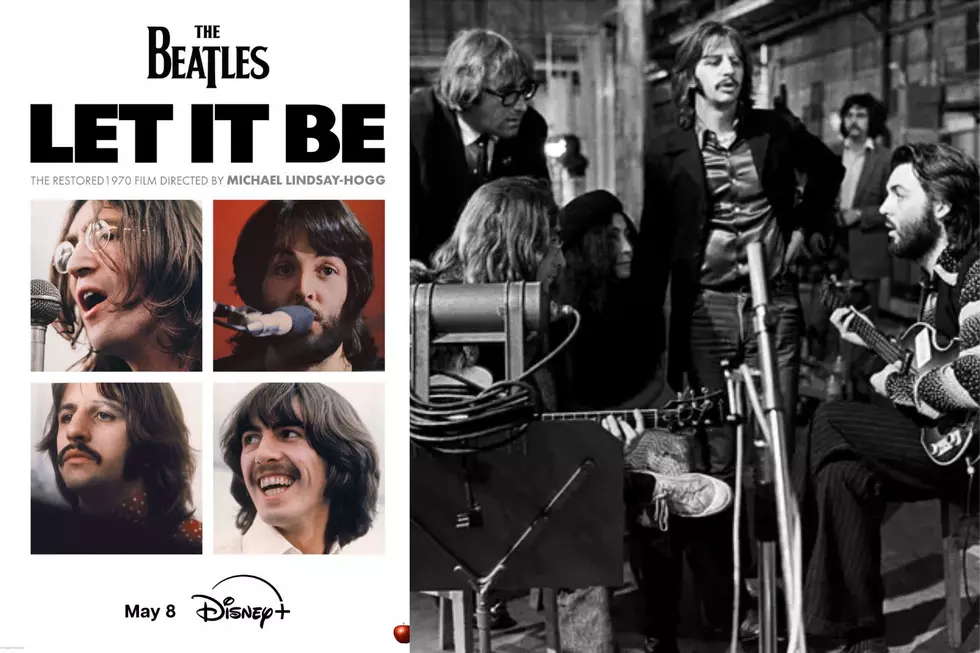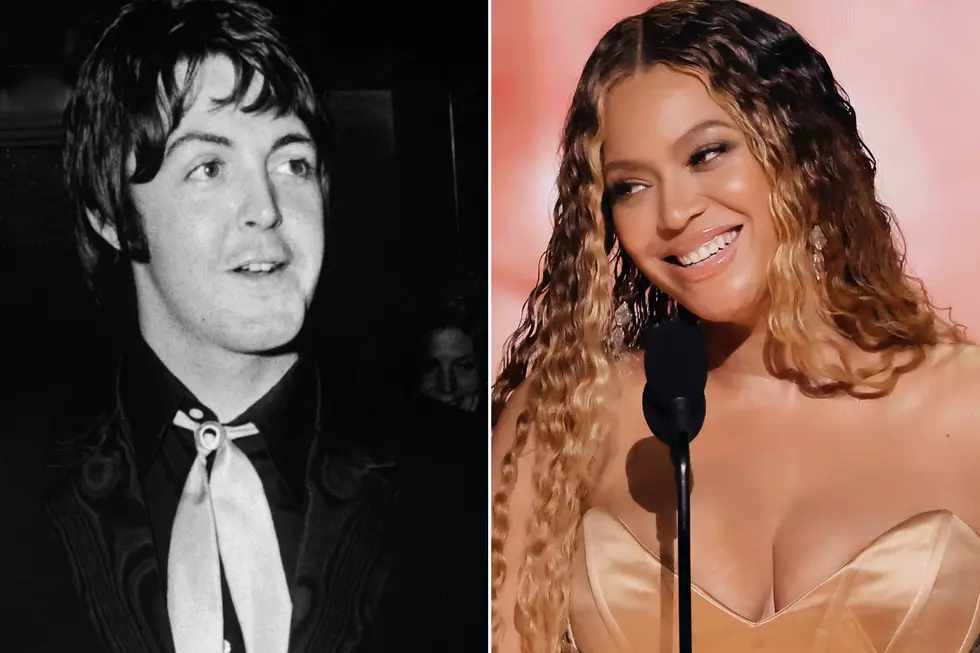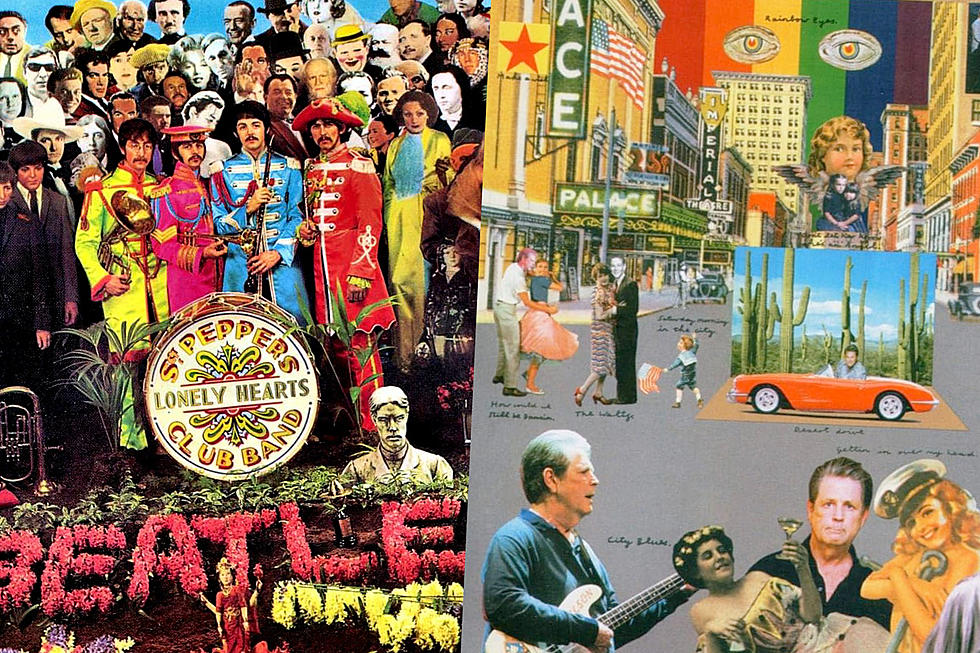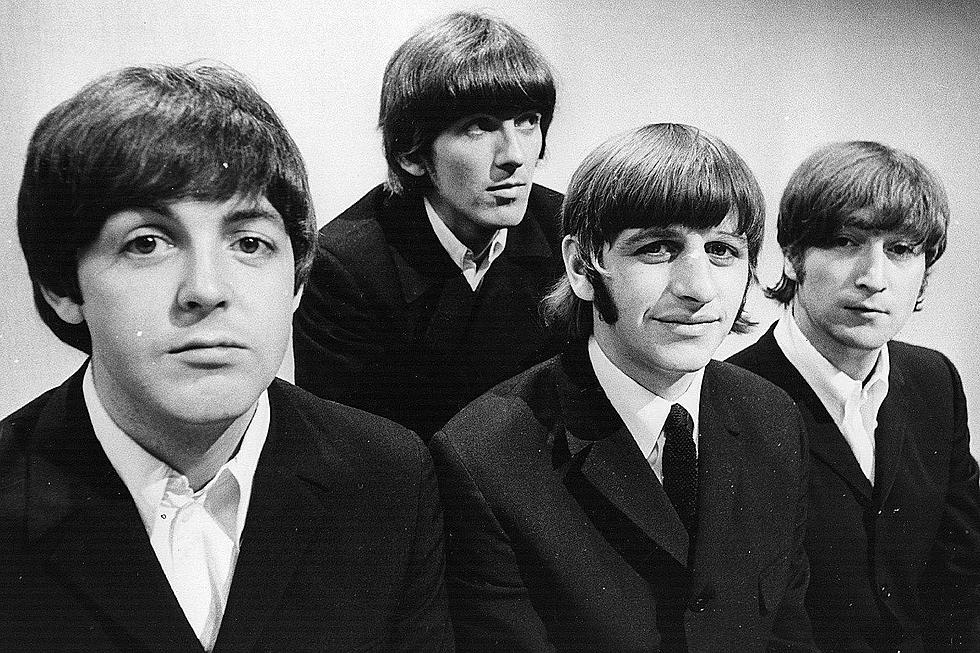
‘The Beatles: Eight Days a Week, The Touring Years': Movie Review
If you were a Beatles fan at the start of the British Invasion, you saw rock music change forever. Groomed pop stars gave way to a band that topped itself with every album while packing stadiums around the world. If you weren't there, director Ron Howard and a skilled team of filmmakers have made the next best thing: the documentary The Beatles: Eight Days a Week – The Touring Years.
The project began in 2002 when producers reached out to fans for their home movies of Beatles concerts. Howard came on board in 2013 with the idea of putting together a film that spans the Beatles' live career through their final ticketed concert at San Francisco's Candlestick Park in August 1966. The filmmakers reached out on social media to tens of millions of fans to amass a treasure trove of previously unseen footage and construct a movie that gives those who had never seen the Beatles in concert a taste of what they'd missed.
The bane of most Beatles' concert footage is that the music is often drowned out by fans' screams. Giles Martin, whose late father, George Martin, produced the bulk of the Beatles' work, served as the film's music producer. His team used the latest technology to quiet the screaming enough so the Beatles' harmonies and playing can be heard.
Technical wizardry also improved the footage of concerts originally shot on everything from grainy Super 8 film to blurry video. A highlight shows the band performing "Some Other Guy" at Liverpool's Cavern Club – the first time they were filmed for television. There is stunning color concert footage as well as outtakes from the Maysles brothers' 1964 documentary What's Happening! The Beatles in the U.S.A.
The film deftly weaves new interviews with Paul McCartney and Ringo Starr with older clips featuring the late John Lennon and George Harrison. The group's excitement during its first U.S. tour is displayed as the four members playfully fight for the chance to mug for the camera in their hotel room. Harrison is thrilled to hear a Beatles tune on a small transistor radio. McCartney describes how the hectic concert schedule meant he and Lennon had to write songs together in hotel rooms: face-to-face, with acoustic guitars.
Along the way, we are reintroduced to Brian Epstein, the band manager who often remained in the background, and Whoopi Goldberg, Elvis Costello and Sigourney Weaver share recollections of their discovery of the Beatles.
As the venues grew from theaters to stadiums on subsequent tours, crowds became more unruly, even dangerous at times. Controversies like the snub of Philippines' First Lady Imelda Marcos and Lennon's remark that the Beatles were "more popular than Jesus" fueled protests and further soured the band on touring.
"The studio was like our little haven," says McCartney, and the film provides an inside look at the recording process at Abbey Road. The Beatles considered George Martin "a god," and the movie is rich with studio banter and alternate takes of iconic songs.
Eight Days a Week also takes us through the touring breaks, when the Beatles made their first two feature films. A Hard Day's Night, they recall, was exciting because it was the first time they'd made a movie. By the time cameras rolled for Help!, the band was bored with the process. "We spent a lot of that film slightly stoned," McCartney says.
The film ends with part of the Beatles' 1969 London rooftop concert, their last public showing as a group, featuring "Don't Let Me Down" and "I've Got a Feeling." But don't leave as the credits roll. For its theatrical release, Eight Days a Week is followed by a 30-minute restored version of the Beatles' 1964 performance at New York's Shea Stadium. The video is crisp and the audio is crystal clear. You can hear McCartney's and Harrison's harmonies backing Lennon on "Help!," as well as Harrison's ringing guitar throughout. You can even pick up Lennon's organ, played with his elbows, on "I'm Down."
Beatles Albums Ranked Worst to Best
More From Ultimate Classic Rock









